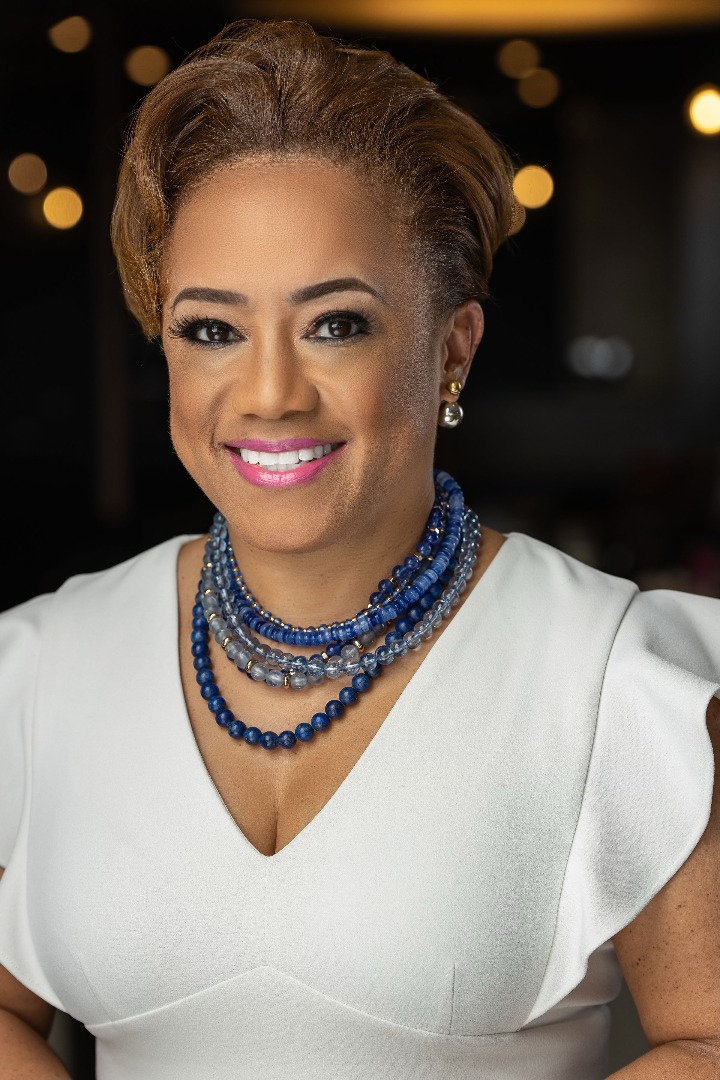
Trusted Health Messengers and Community Partnerships Helped Combat Misinformation in Underserved Communities
The COVID-19 pandemic affected every community across the globe, but members of minority communities who have been historically marginalized have been hit the hardest. In the United States, these communities have suffered from higher rates of infection and death due to limited access to health care resources and widespread misinformation.
Although the federal Public Health Emergency (PHE) declaration expired on May 11, 2023, COVID-19 remains a public health priority. The power of community must be harnessed to mitigate these risks and protect vulnerable populations from COVID-19.
More than 230 million Americans are vaccinated against COVID-19, according to the Department of Health and Human Services (HHS). Despite valiant efforts to vaccinate everyone, there are still barriers to achieving vaccine equity and ensuring that all communities are protected from the virus.
A challenge to vaccine equity is the lack of trust in the health care system. This distrust is fueled by misinformation, systemic racism, historical mistreatment, and disenfranchisement. Apprehension is often justified, as studies show that Black and Indigenous and People of Color (BIPOC) communities have had less access to testing, treatment, and vaccines compared to white communities. Inaccurate or exaggerated descriptions of vaccine side effects often exacerbate this skepticism about health care.
Many individuals and communities have faced a higher risk of exposure to the virus due to things like crowded housing and being considered essential workers who must show up for work even when the virus is spreading.
Therefore, it is essential to address the root causes of mistrust, which is often a matter of trust and confidence in who is delivering the information.
That’s why faith leaders, local educators, and BIPOC health professionals are instrumental in promoting vaccine confidence and uptake. Many have used their platforms to dispel misinformation and encourage members of minority communities to get vaccinated. Community leaders, such as leaders from grassroots organizations and local governments, have also been effective in mobilizing resources and providing support to these vulnerable populations.
Beyond health care, the pandemic has disproportionately impacted underserved and minority communities in terms of labor, economic, and social consequences.
Research conducted by the Bureau of Labor Statistics found that minority communities have faced higher rates of unemployment: 5% for African Americans, 2.8% for Asians, and 4.6% for Hispanics due to layoffs and small business closures. Evictions, homelessness, and food insecurity contributed to making individuals vulnerable to the virus, causing the inequity of the impact of the pandemic to snowball.
Fortunately, the public health system has mobilized resources to alleviate these risks and provide support. The Biden Administration prioritized vaccine equity within HHS, with efforts to increase access and distribution to underserved communities, regardless of socio-economic, immigration, or health insurance status.
The HHS COVID-19 Public Education Campaign, We Can Do This, partnered with trusted organizations in the ongoing effort to reduce vaccine hesitancy and improve vaccination rates in Black communities. The partnering organizations included: 100 Black Men, Alpha Kapp Alpha Sorority, Inc., Black Nurse Collaborative, Delta Sigma Theta, Inc., The Links, Inc., Top Ladies of Distinction and W. Montague Cobb/National Medical Association. Organizations like these worked tirelessly to keep underserved communities healthy through various initiatives and activations. It was important to meet people where they were and innovative partnerships and initiatives like this made a difference.
At the end of the day, we all shared a common goal of health and safety. Simple practices, such as wearing a mask, regular testing, and staying updated on flu shots and COVID-19 vaccines, had a major impact on everyone’s ability to achieve that goal.
Whether driven by the desire to gather with friends or family around the holidays, travel, or employment opportunities, we found ways to enhance motivation and ultimately drive action within marginalized populations.
Not despite of, but rather because of the significant challenges our communities faced, we needed a collective effort to drive this nation toward life, safety, and longevity.
Go to vaccines.gov or text your ZIP code to 438829 to find nearby places to get a vaccine.
Meedie Bardonille, MSN, RN, FCN, PCCN-K
President/CEO
Black Nurse Collaborative
Washington, D.C.
Was this article helpful?